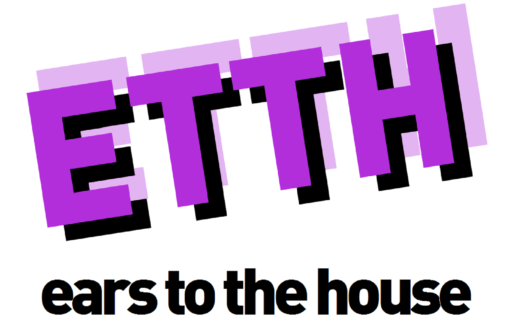Last week, Mixmag did something highly unusual. They actually criticised something. This is something the dance music press is generally quite reluctant to do – they operate in an environment where even the slightest criticism is enough to cause paranoid promoters and overly sensitive DJs to deprive them of access for interviews and such.
So when they do choose a target, they always opt for something where it’ll have little to no direct effect on them – hence why they commissioned dance music press doyenne Annabel Ross to write a fashionable attack on the Grammy Awards. There is indeed much to dislike about the Grammys, but this rehash of criticism made several times before released three days before the ceremony looks like clickbait to us – and badly written clickbait at that.
Anyway, those who choose to criticise others should be prepared to accept criticism themselves. So let’s have a closer look at Mixmag. Does Mixmag serve the interests of its readers? Is Mixmag providing coverage of a wide variety of views on its pages and platforms? And is Mixmag doing its bit to bring new talent to the foreground in dance music?
To which the answer to all those questions and more is a resounding no. Whilst we’ve never been convinced by the idea the dance music press used to be good – even in the heyday of print editions in the 1990s, they were still pretty sycophantic – they’ve steadily got worse at representing their readers. Mixmag should be speaking on behalf of its readership, asking questions on their behalf when necessary.
Yet Mixmag – along with other stablemates like DJ Mag and Resident Advisor – are weak and craven publications that require access to the people they write about. And to do that, they have to keep an awful lot of people on their side, meaning that even the mildest criticism gets scrubbed. Their staff and writers also all seem to think that everyone sees the world in the way they do – so the perspectives represented are from a narrow range.
We’ve also noticed those people who get front-page coverage are usually those who already have significant social media followings. Which is hardly championing new music and also shows the publication is behind the curve. One area where dance music magazines used to be good back in the day was exposing new talent – but when you got rid of all your experienced print journalists, this is pretty much the guaranteed result.




